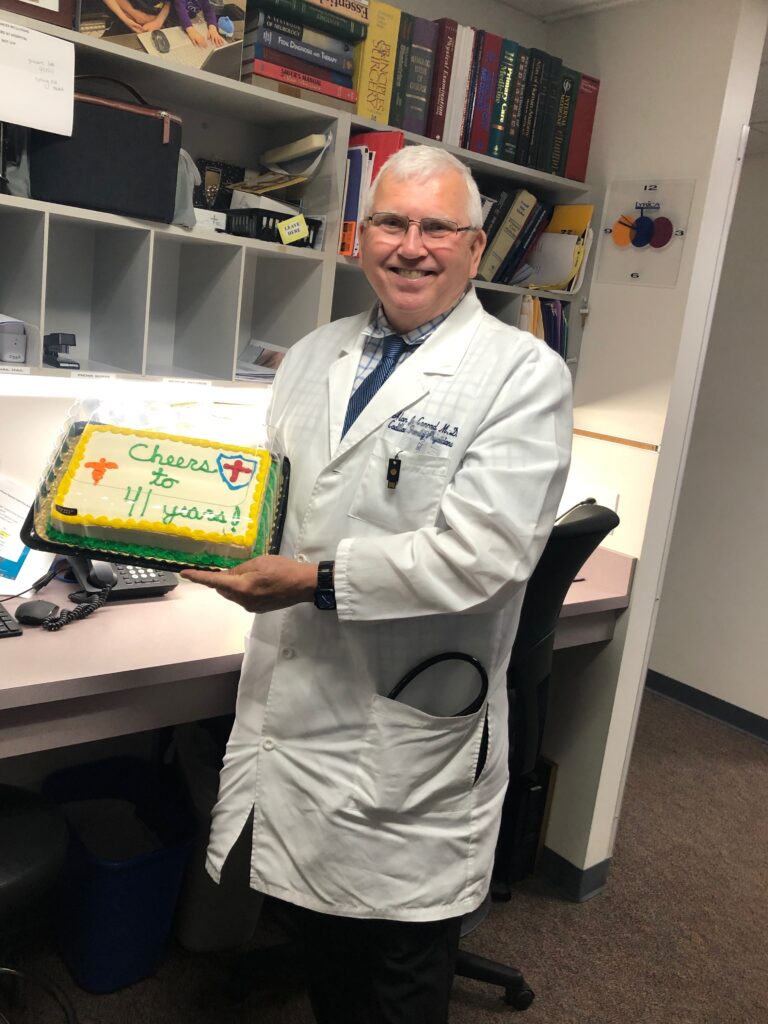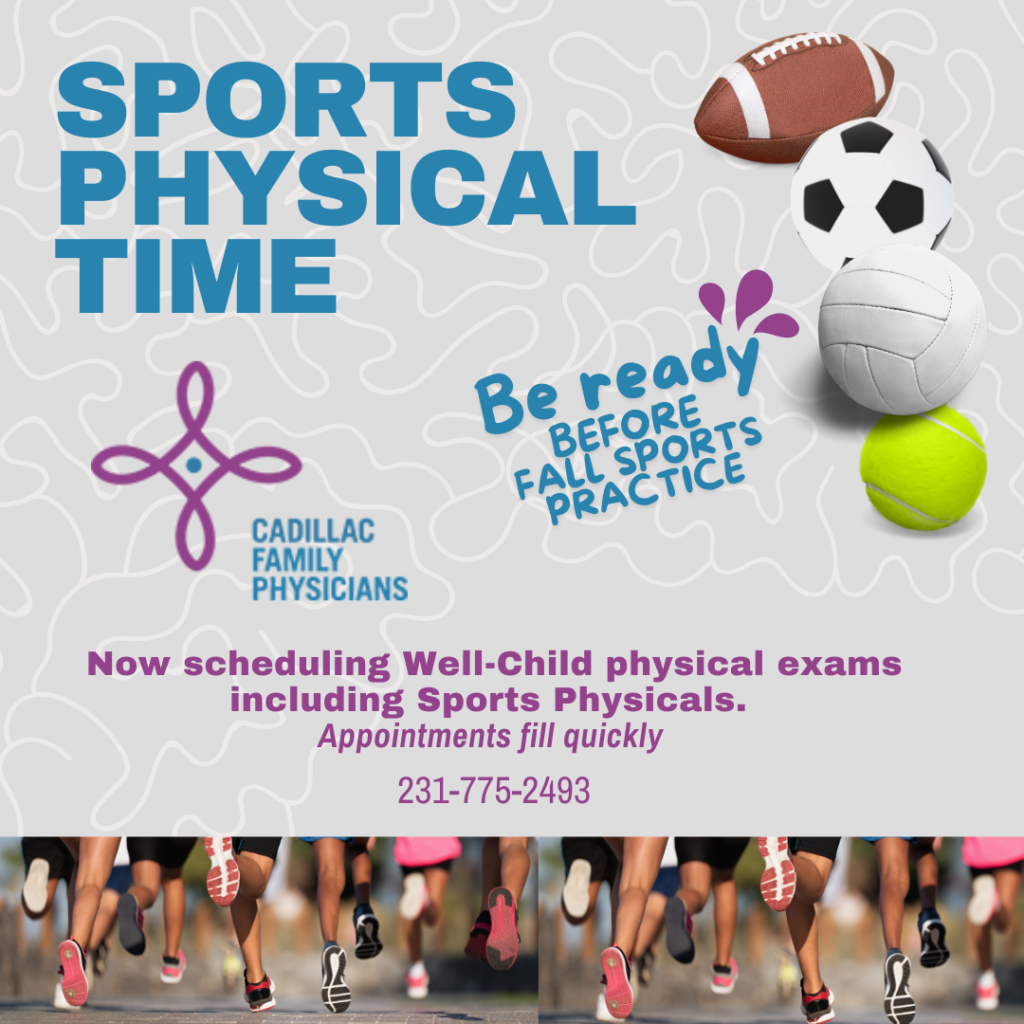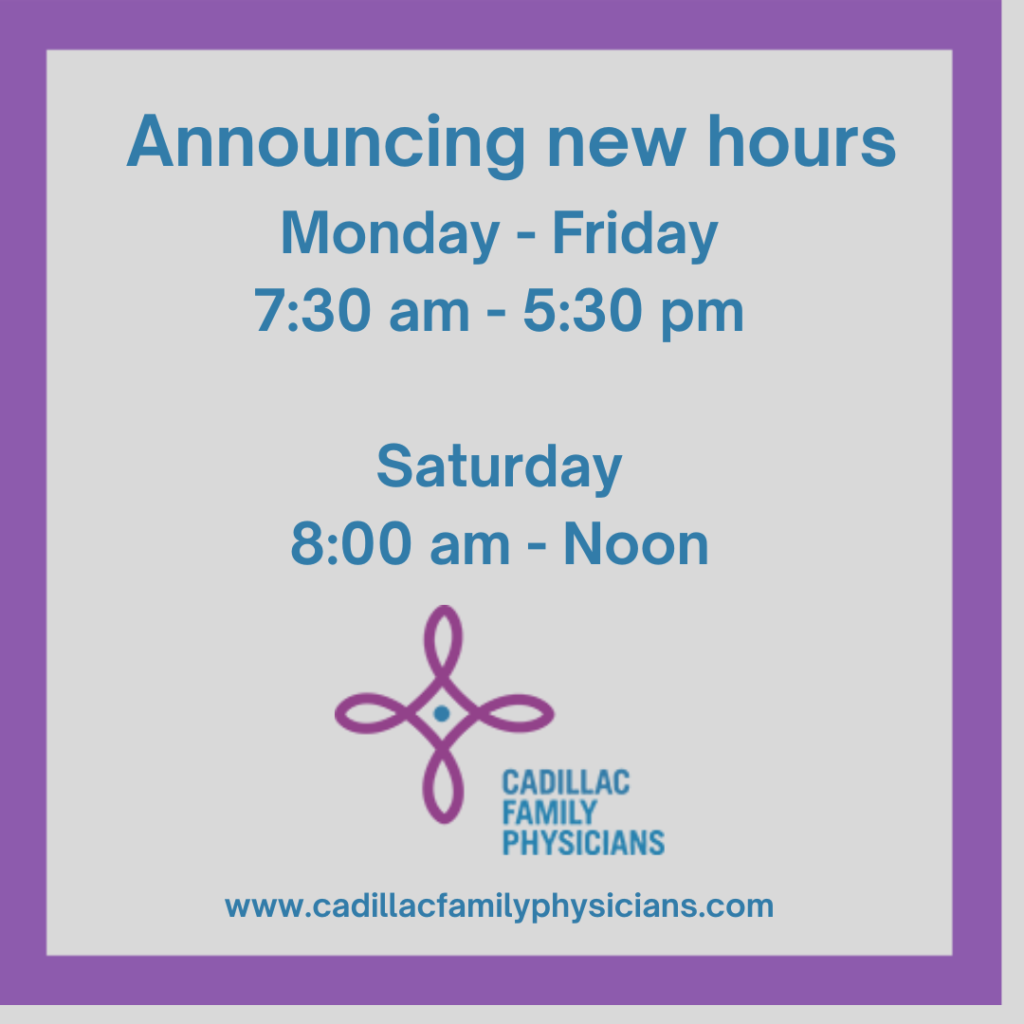


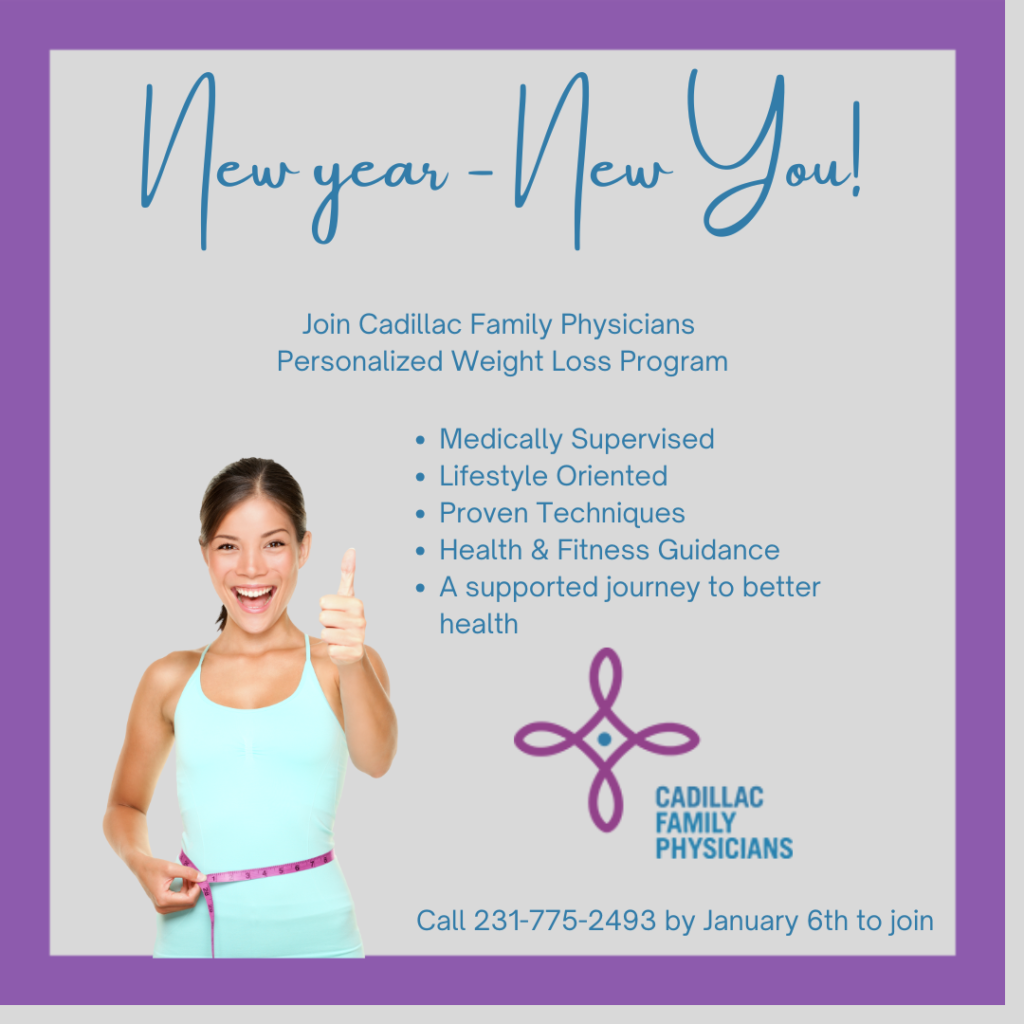
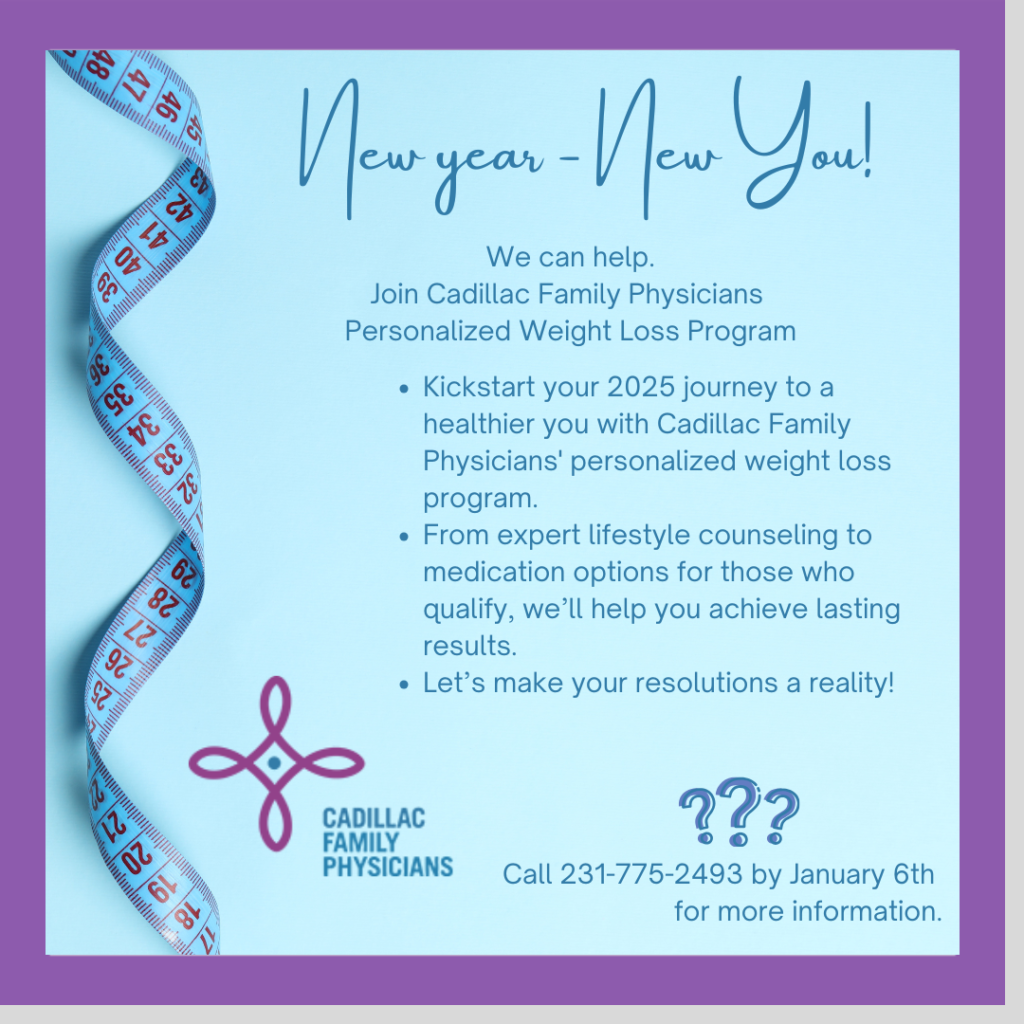
After 41 years of dedicated service at Cadillac Family Physicians, Dr. Conrad will see his last patients at Cadillac Family Physicians on December 19, 2024.
Dr. Conrad’s compassion, expertise, and unwavering commitment to the health and well-being of his patients have touched countless lives and generations of families in our community. Over the years, he has been more than just a doctor—he’s been a trusted advisor, a steady presence, and a reliable leader of our team of Healthcare Providers.
We extend our deepest gratitude to Dr. Conrad for his extraordinary contributions and wish him the very best as he begins this well-deserved new chapter. Your legacy of care will forever be a part of Cadillac Family Physicians.
Congratulations on an exceptional career, Dr. Conrad! You will be greatly missed.
What you need to know.
In February 2024, a significant cybersecurity incident occurred at Change Healthcare, a
subsidiary of UnitedHealth Group. This breach exposed sensitive information, including
personal health information, social security numbers, and insurance details of millions of
Americans. The breach disrupted healthcare billing and operations across a large network,
affecting over 1.6 million healthcare professionals and 70,000 pharmacies. This breach
DID NOT occur at Cadillac Family Physicians; however, your personal data may be at risk.
Key Issues and Impacts
• The breach compromised sensitive data such as personal health information, social
security numbers, and insurance details.
Measures Taken by Change Healthcare
Change Healthcare recently mailed notices to affected individuals regarding the breach. As
a safeguard, you may enroll, at no cost to you, in online credit monitoring and identity
restoration services provided by IDX for two years.
Follow THIS LINK to the United Health Group Change Healthcare website for more
information or copy this URL and paste into a browser.
https://www.unitedhealthgroup.com/ns/health-data-breach.html
Cadillac Family Physicians is honored to be a recognized as a top-tier practice in a rural community. Follow THIS LINK to learn why your Medical Providers have been named a top-tier performer. Need a medical provider? We are accepting new patients.

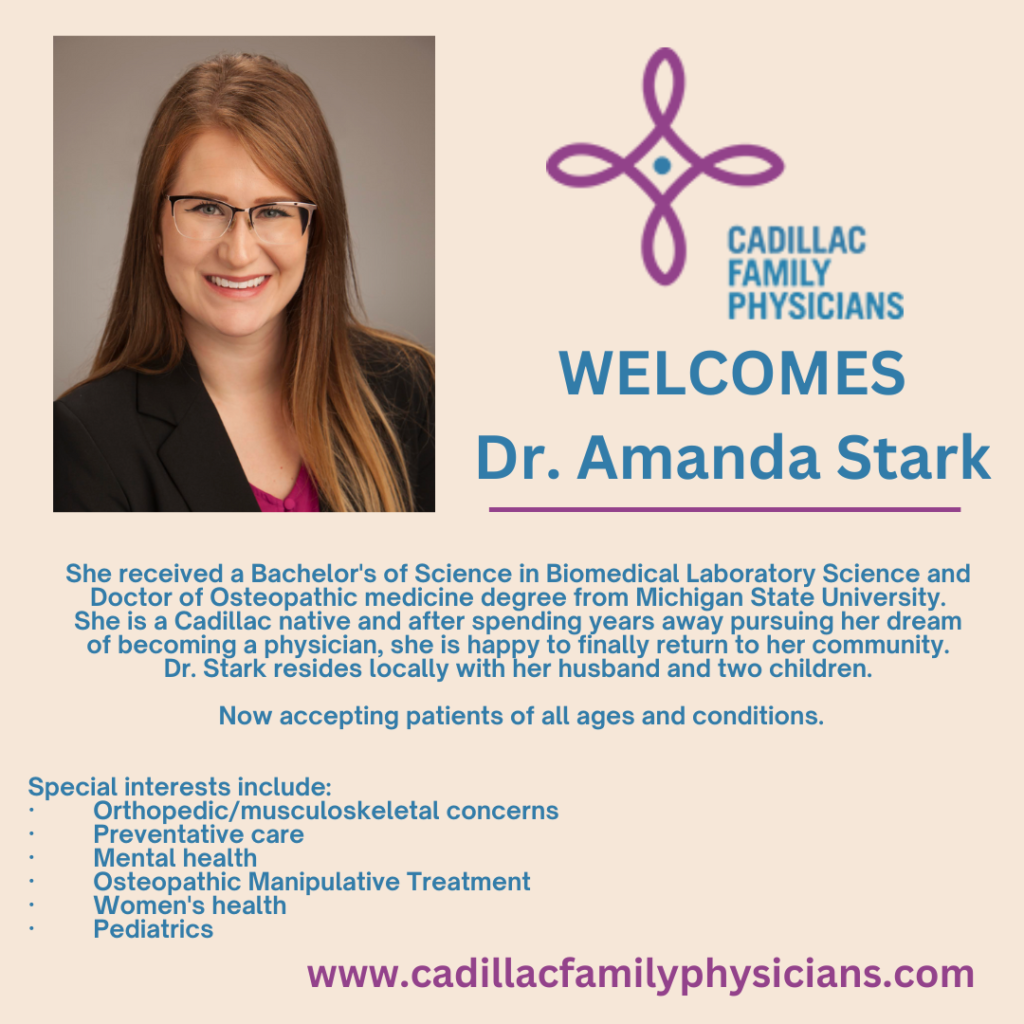

Medicare has the annual benefit of a wellness visit. This is a covered benefit that
will now be done at one of your routine appointments with your primary care
provider. It will include questionnaires sent in a Phreesia text message or email.
Completing the information in advance will save time during the visit. Your
answers are sent electronically to your provider team for review. During the
rooming process, screenings for recall and movement will be performed. The visit
is intended to allow your Provider to better respond to your health needs as they
change over time.
It’s a BIG DAY at Cadillac Family Physicians as we celebrate Dr. Conrad’s 41 years of service to patients in the Cadillac Area! You have been an amazing medical provider and your work family, medical team and patients would like to express our deepest gratitude for your commitment to your practice!
